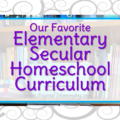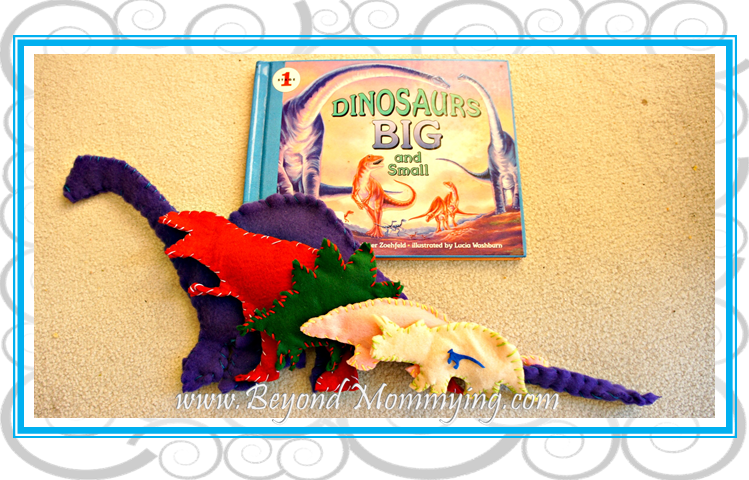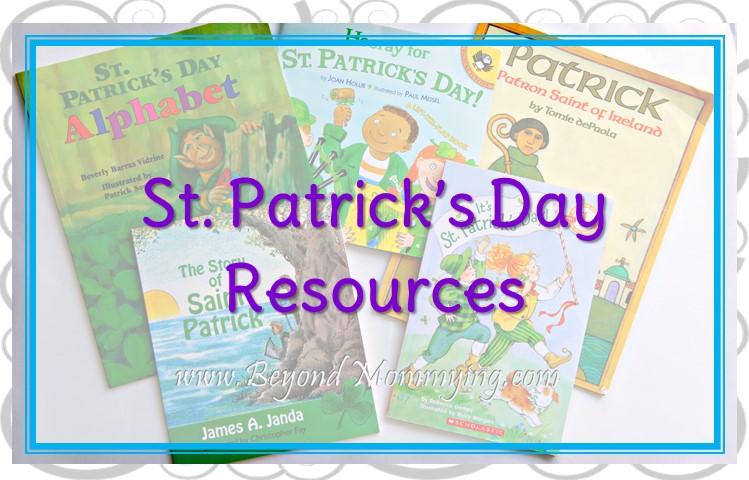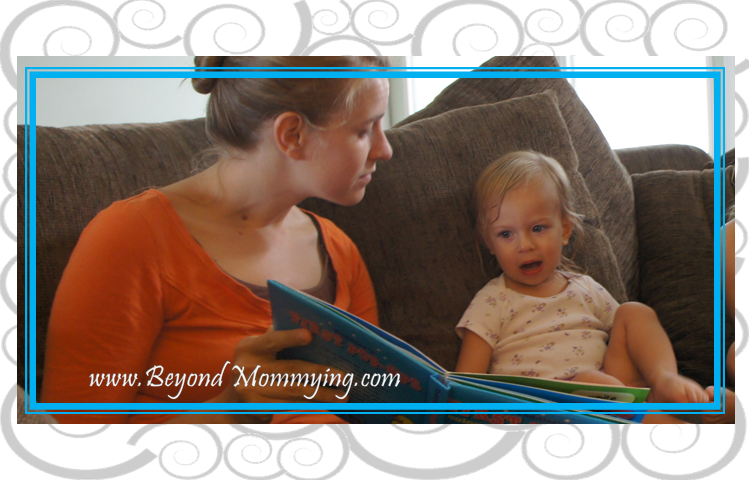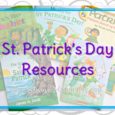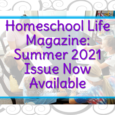We don’t use a science curriculum in our homeshooling program (or any curriculum, really!) But it doesn’t mean we don’t do science. We just approach elementary science a little differently: we read a lot and talk a lot instead of following a study guide and doing random experiments and projects. I answer questions my kids have as they come up and we explore different elementary science concepts, ideas and topics as we feel like it and are interested rather than when a curriculum says we should.
Note: This post contains affiliate links meaning if you click any product link and make a purchase, Beyond Mommying may receive a small commission which is used for the upkeep of the website; however, it will not affect your purchasing experience in any way. Read more about our use of affiliate links.
We go to the library often (tips for taking little ones to the library here) and the girls are expected to get a certain number of non-fiction books on topics of their choice. I also have tons of resources and different tools at home for them to read and explore at their leisure.
These are just a few of my favorite resources and tools for teaching elementary science concepts: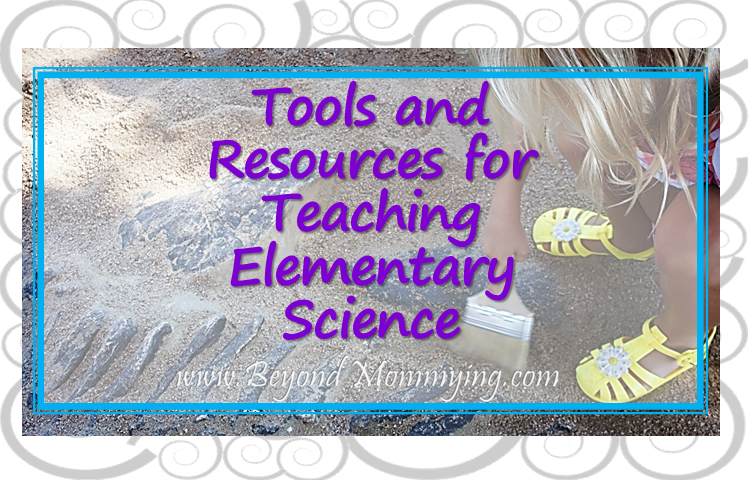
Encyclopedia Type Books
We love books (hence why I had to make the kids their own bookshelf!) because kids can pick up any title they want any time, flip to a random page and learn something new. Encyclopedia type books are great because they cover many different topics and give kids opportunities to learn a little bit about a lot of things and introduce them to topics they are interested in learning more about.
Basic Science Tools
The best things we have are the basic tools: magnifying glasses, bug catchers, tweezers, pipettes, magnets, scales and other tools they can use to investigate plus unlimited access to their world. It allows them to get involved in self-guided exploration and in the process, they also learn those elementary science topics!
Science Kits
We have a few different science kits we keep around that allow the kids to explore different concepts of chemistry, physics and archaeology (Honeybun has a small dinosaur obsession!) The kits are great because they offer tons of different activities, some of which kids can do alone and others that require various levels of adult involvement but that’s what’s great about the kits, they provide hours of learning fun without a lot of hassle and everything you need is included!
There are also many science subscription boxes, such as Groovy Lab in a Box, where you get a different science project in the mail each month.
The Great Outdoors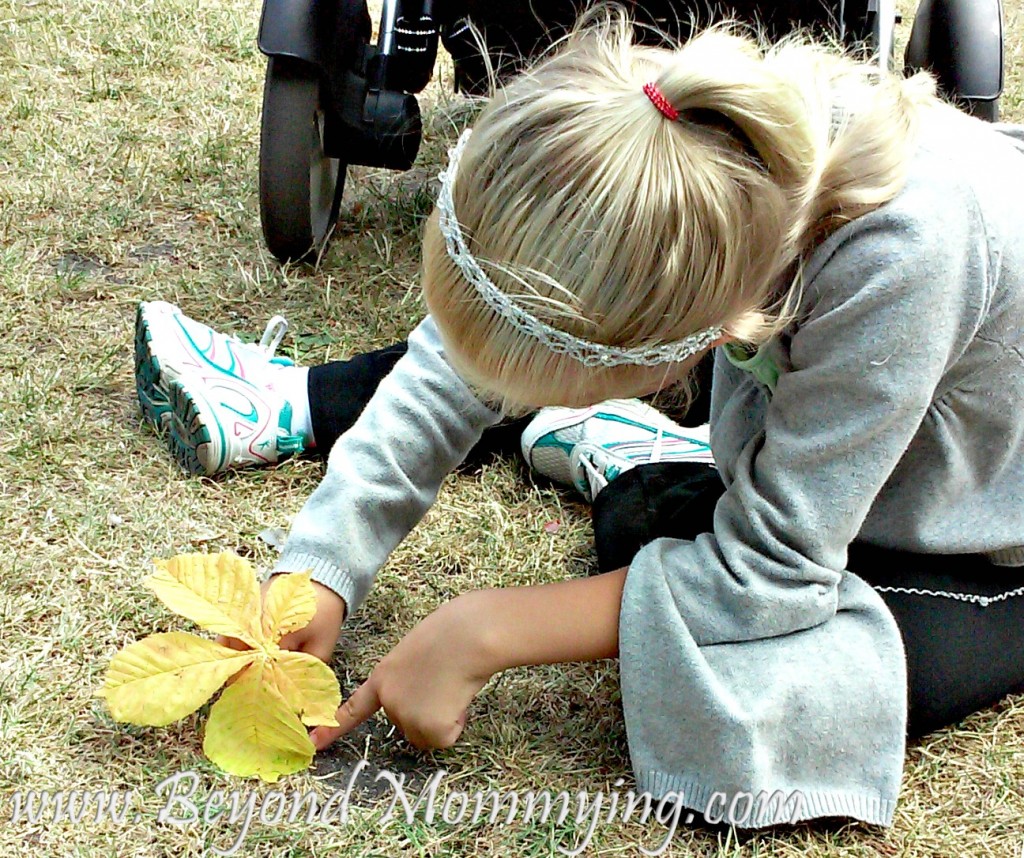
My kids love playing and exploring in the backyard as well as going to parks and nature centers near our home. Just being outside allows them to see science in action and I can tell every time we’re exploring outside that their little brains are taking it all in and forming questions and ideas about the same elementary science topics they’d be listening to their teacher talk about in school.
Field Trips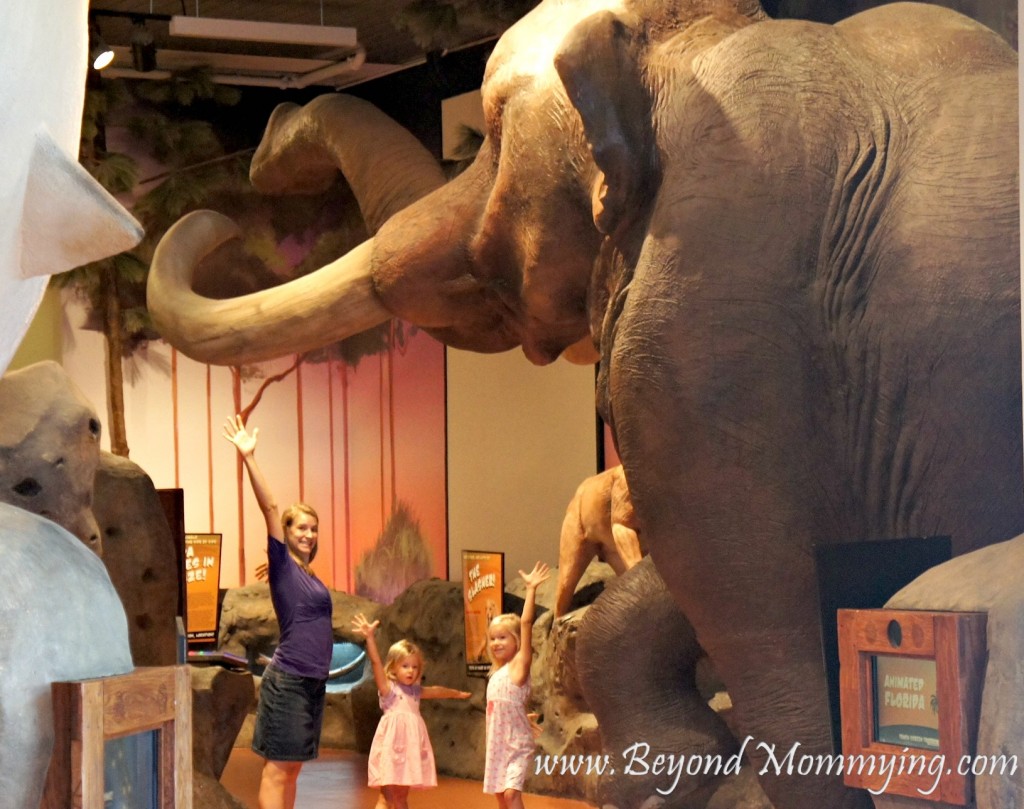
Museums, aquariums, science centers, zoos, farms and nature centers all have great information and learning experiences covering many of the basic elementary science topics. It’s a great opportunity to do something fun and learn at the same time. Going out and exploring our local museums always leads to great questions and conversations.
Educational Programs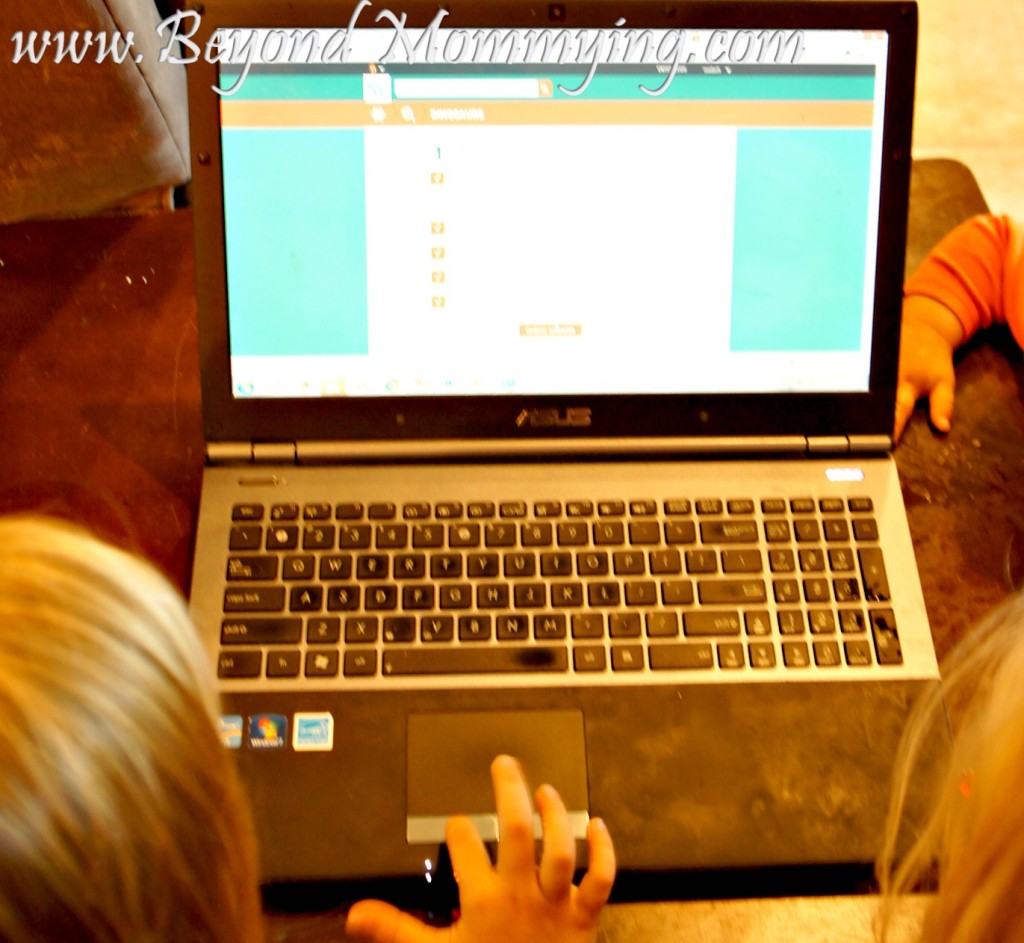
We don’t watch a lot of TV or have a lot of screen time, at all. But I do make exceptions for educational activities and we often turn to technology to help us with answering science questions or exploring elementary science topics we’re interested in. A few of our favorite shows are Bill Nye the Science Guy and Mythbusters and we’ve also started using Kids Discover as part of Fun Friday in our new homeschool routine.
Science Poems and Songs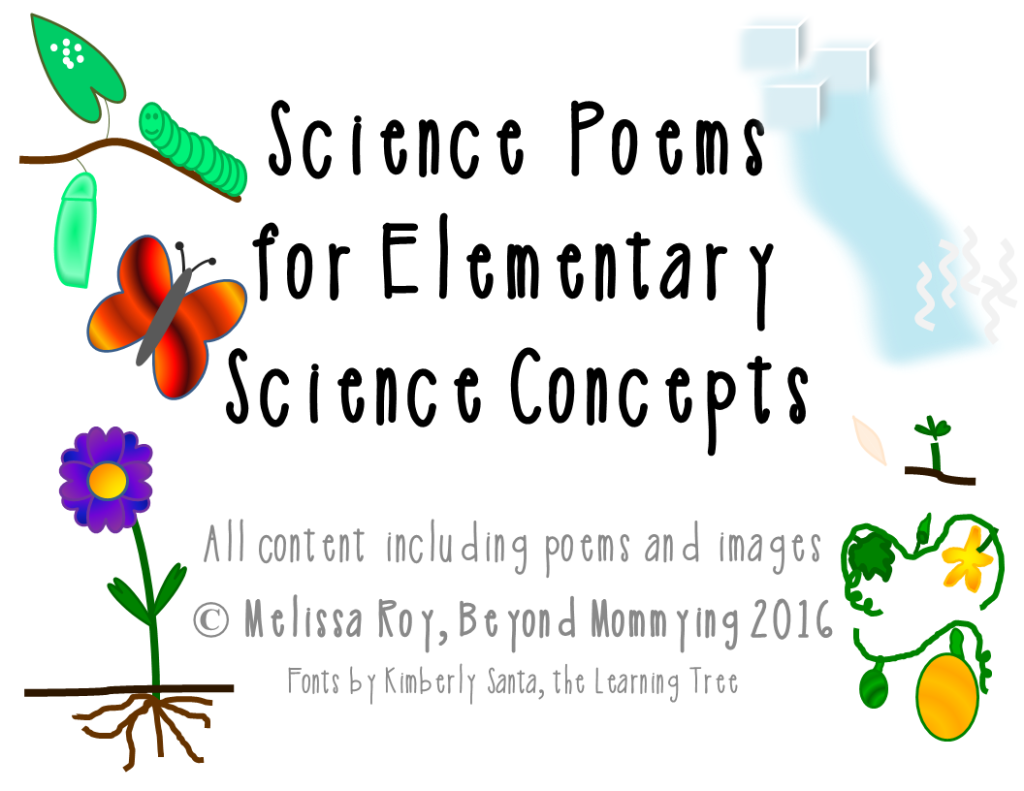
As a preschool teacher, I learned that kids love to sing and listen best when things rhyme (and other teachers must know this as well because my printable toddler fingerplay song cards post is one of my most visited posts ever!) And as a ballet teacher I know that songs and poems can help with remembering things which is why I created song cards for basic elementary science topics including life cycle of a butterfly and pumpkin; states of matter; the five senses; and the parts of a flower.
Download and print the poems:
This is a pay what you want product meaning you can get it for free or you can choose to support Beyond Mommying by paying any amount you feel is appropriate.
I hate ads as much as you do and will never put ads on Beyond Mommying. Instead, I am committed to providing my visitors with high-quality articles and printable products that I hope you will find value in. I also will not flood you with emails as soon as you enter your e-mail address and I will never share your information (read our full privacy policy). If you’d like to get e-mail updates, you can sign up here.


